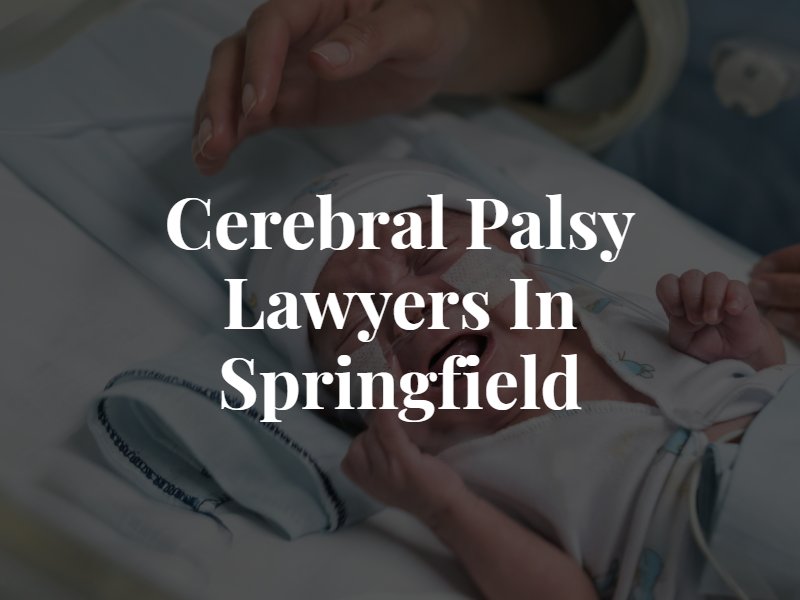
There are many potential risks present during pregnancy and childbirth that can negatively affect the life of a newborn if they are not addressed properly. Health care professionals and doctors owe a duty of care to their patients and the unborn children they deliver to do no harm to them and to minimize any risks that may be present during the process.
Facts about Cerebral Palsy
Cerebral palsy is a condition that results in infants who are deprived of oxygen during pregnancy, delivery, or sometimes after birth. Cerebral palsy cannot be cured, and babies born with the condition will live with it for the rest of their lives. Depending on the severity, their quality of life will be diminished. The doctors or health care providers who deliver babies may endanger the infant and increase the risk of the child developing cerebral palsy by:
- Improper prescription of medication to the mother during pregnancy
- Delivering the baby prematurely without a reasonable cause
- Inflicting head trauma that causes bleeding in the baby’s brain
- Failing to address oxygen deprivation
- Unreasonably delaying delivery of the baby
Symptoms of cerebral palsy are not always immediately apparent. They include slow development of motor skills, like crawling and rolling over, or poor communication development, such as difficulty or inability to smile or talk. Cerebral palsy also decreases muscle growth and may result in the baby having “floppy” limbs and unusual posture. As cerebral palsy advances, the child may develop problems with hearing and vision, hand-eye coordination, and involuntary movements.
Cerebral palsy affects half a million children in the United States, and there are three major types of the condition:
- Ataxic cerebral palsy affects depth perception, balance, and coordination
- Spastic cerebral palsy causes difficulty with mobility and a reduced range of motion and dexterity
- Athetoid cerebral palsy causes “ticks,” or involuntary movements
Depending on the severity of the child’s condition, they may also have difficulty with simple muscle movements, remaining standing for any period of time, eating, talking, bowel control, and breathing.
Dealing with Cerebral Palsy
Cerebral palsy cannot be cured, but it can be treated with physical therapy, reconstructive surgeries for misshapen body parts or diminished muscles, medications, wheelchairs or walkers, and voice synthesizers to aid communication if they have extreme difficulty speaking. Despite all of these treatments, the best treatment for any condition is prevention, and proper medical care can significantly reduce the risk of a child developing cerebral palsy.
If you believe that your child developed cerebral palsy as the result of negligent medical care during the pregnancy, delivery, or medical postnatal care, you should be aware of your rights and know what constitutes negligent behavior. Proving negligence in this case would require four facts to be proven by the victim:
- There was a patient/doctor relationship between the victim and the defendant
- The defendant owed the victim a duty of care – in this situation, it would be to warn the mother of any risks that medications pose during pregnancy, and carefully monitor the baby’s oxygen levels
- The defendant breached this duty through some action, or inaction if they should have taken particular measures to prevent the baby from developing cerebral palsy
- That breach directly resulted in their child developing cerebral palsy
Anyone in the Springfield or Bolivar, Mo., area whose child suffers from cerebral palsy may be entitled to damages if the negligent actions of a health care professional, midwife, or doctor resulted in their child’s condition. At Douglas, Haun & Heidemann, our Springfield birth injury lawyers believe that the responsible parties should pay for the long-term health impairment they cause these children, and help shoulder the cost of the ongoing treatments they will require. Reach out to our legal team if you have any questions, or if you think you may be able to sue for negligent actions that resulted in your child’s cerebral palsy.
